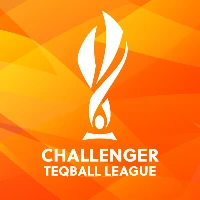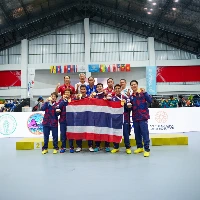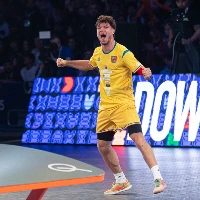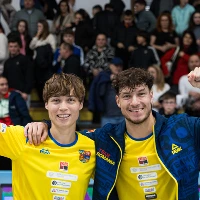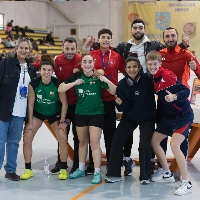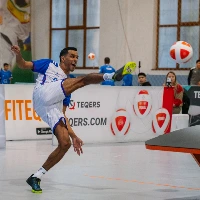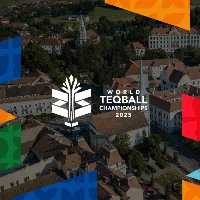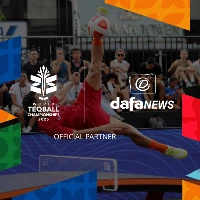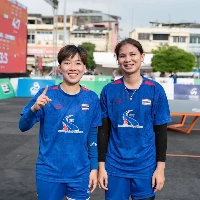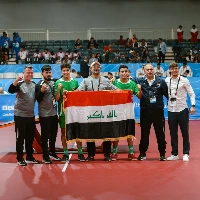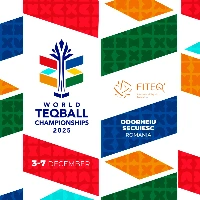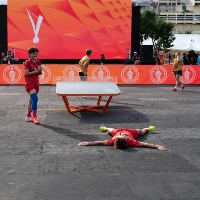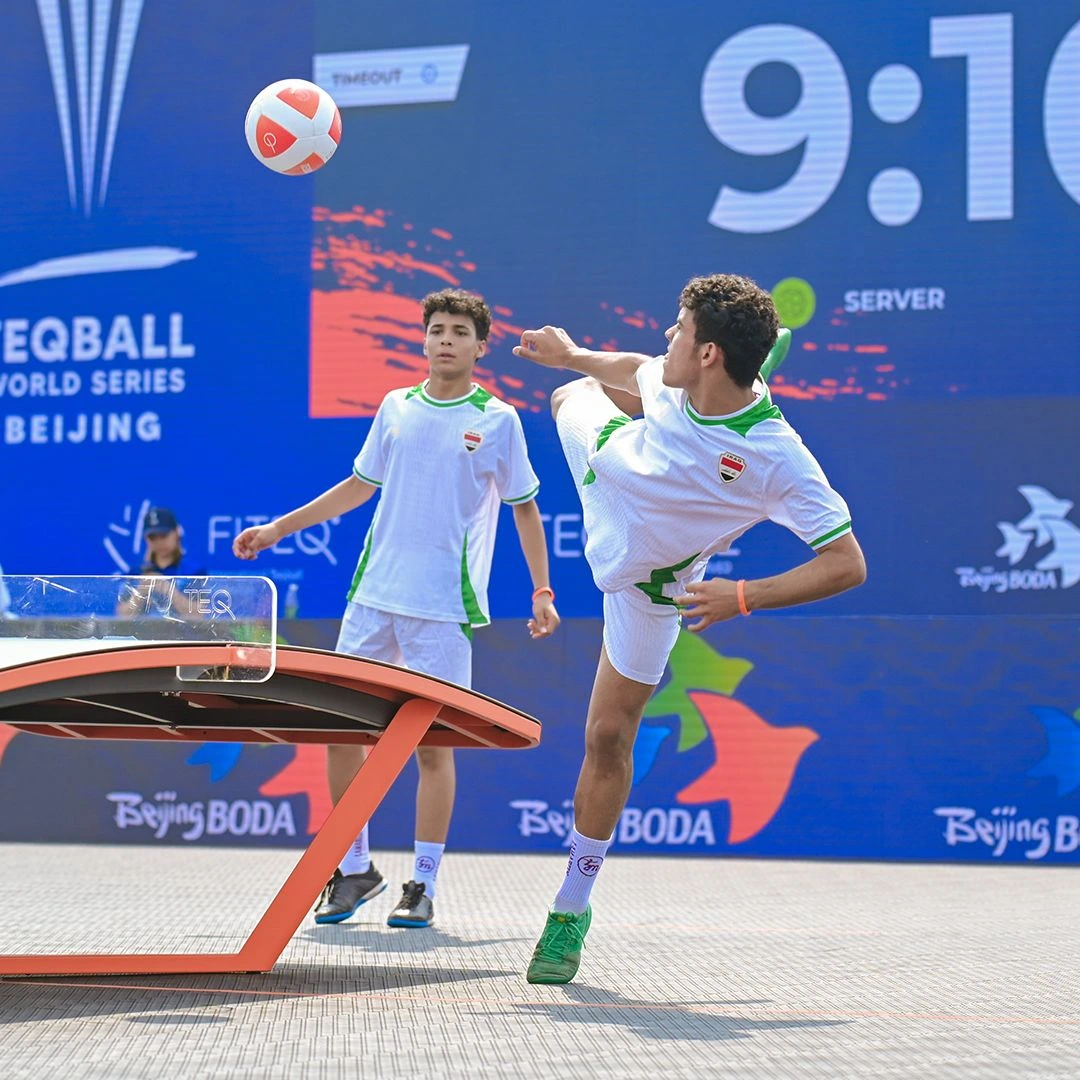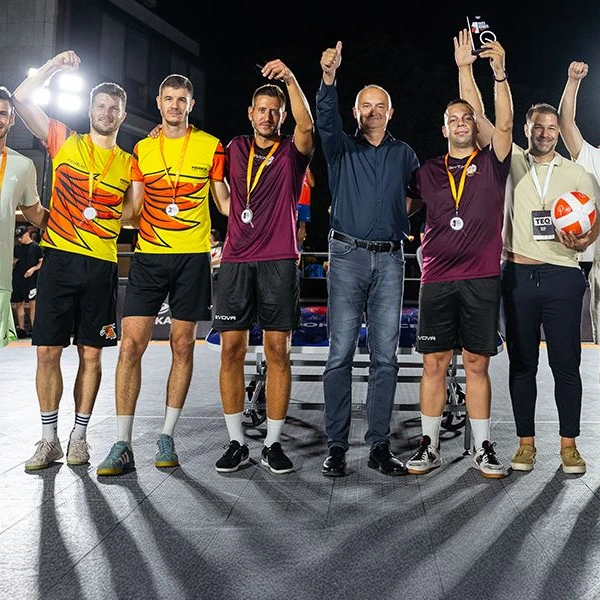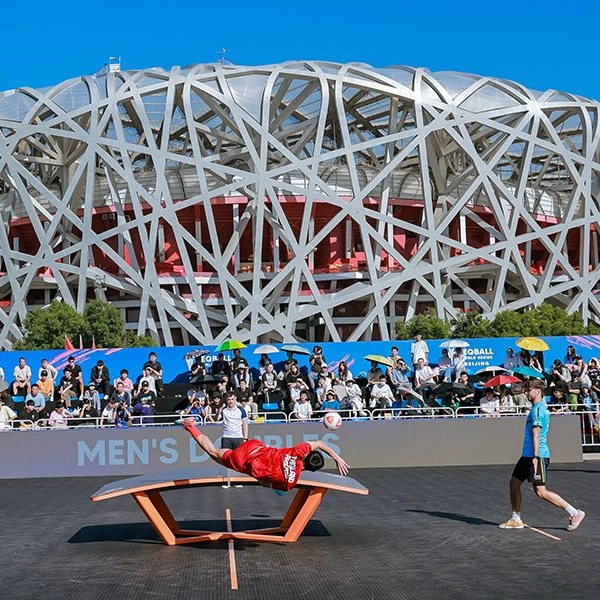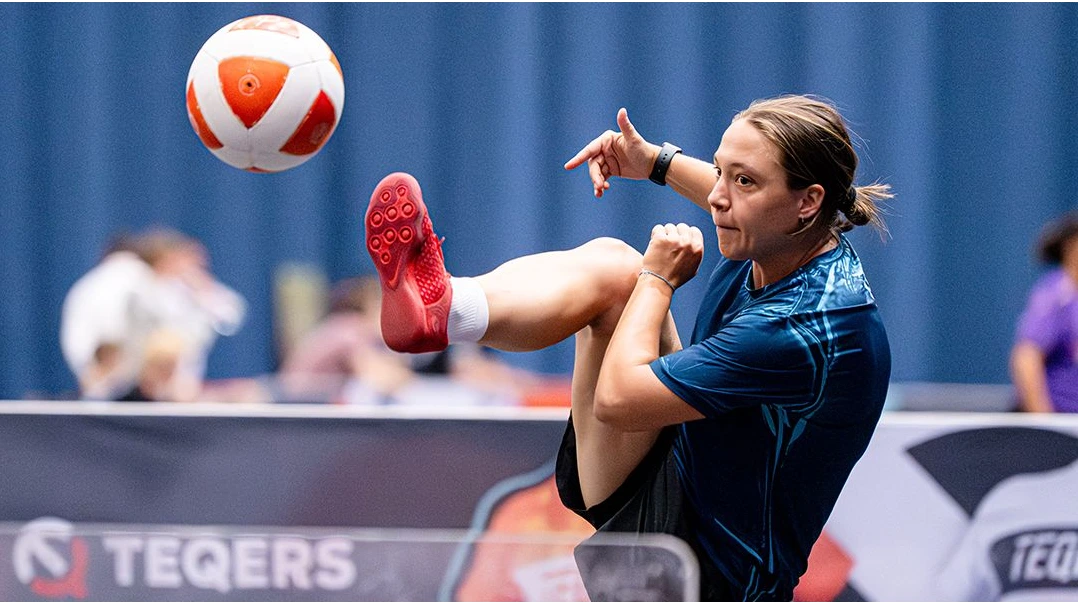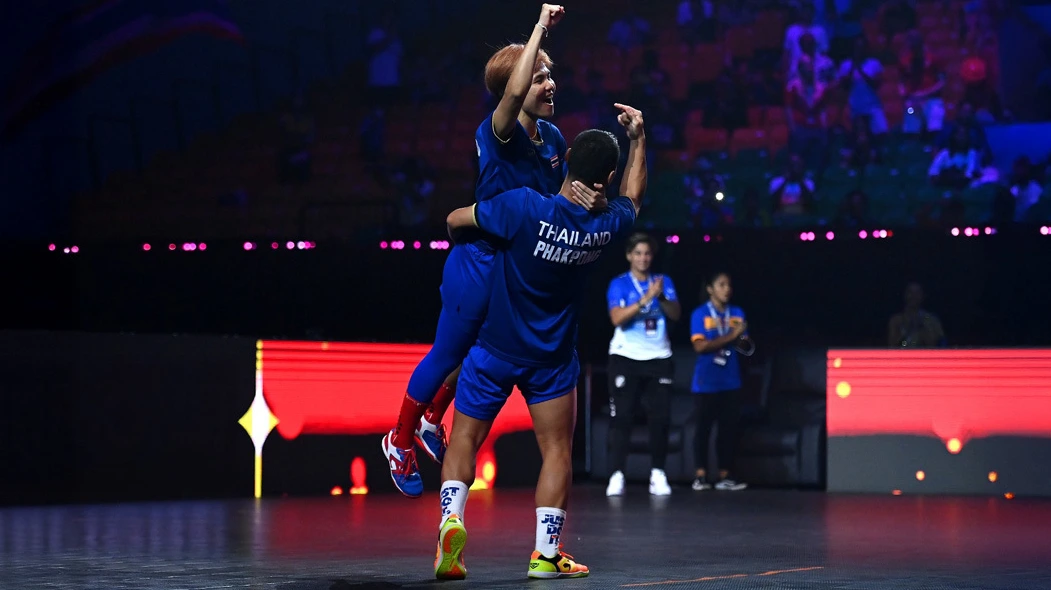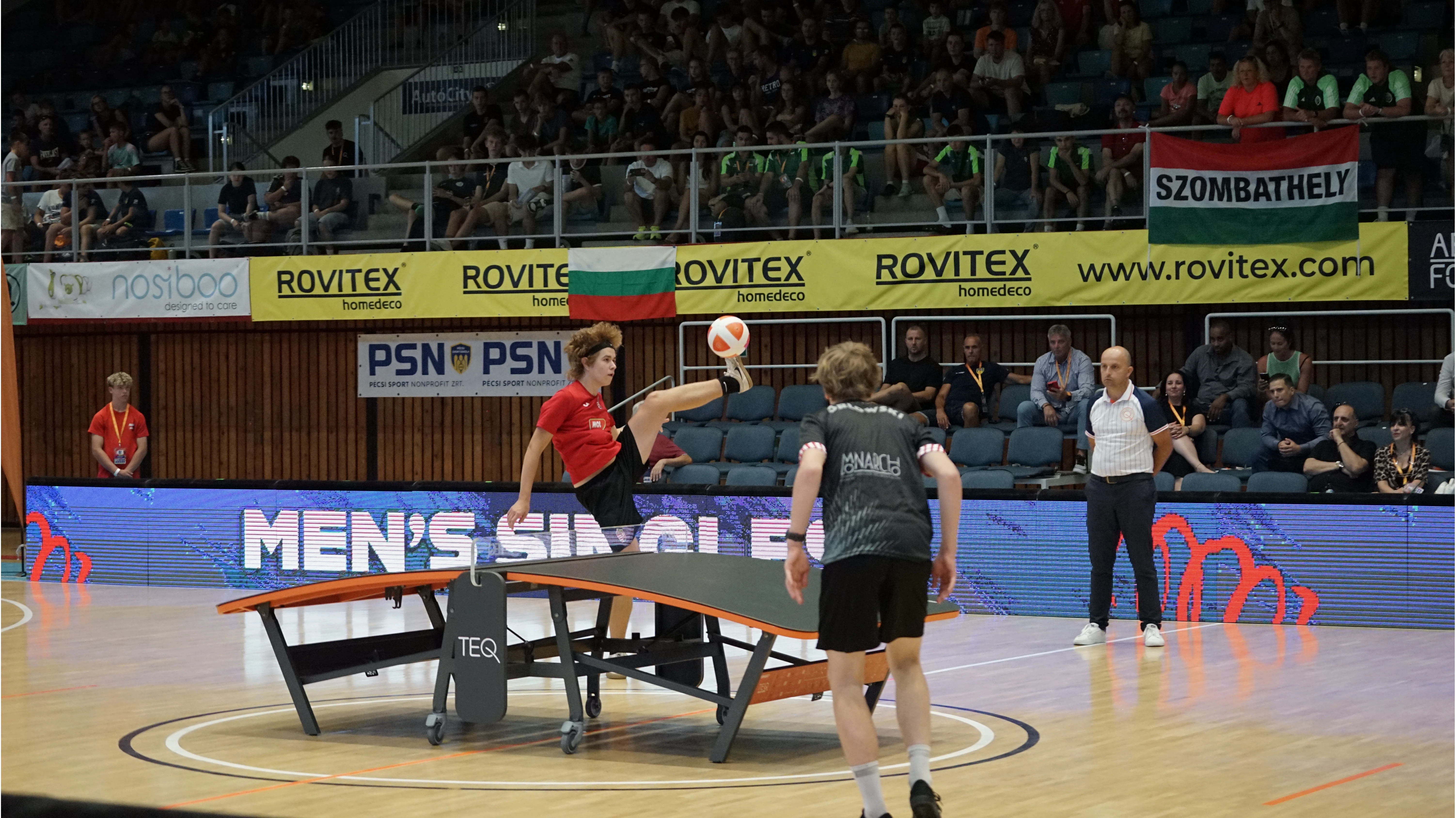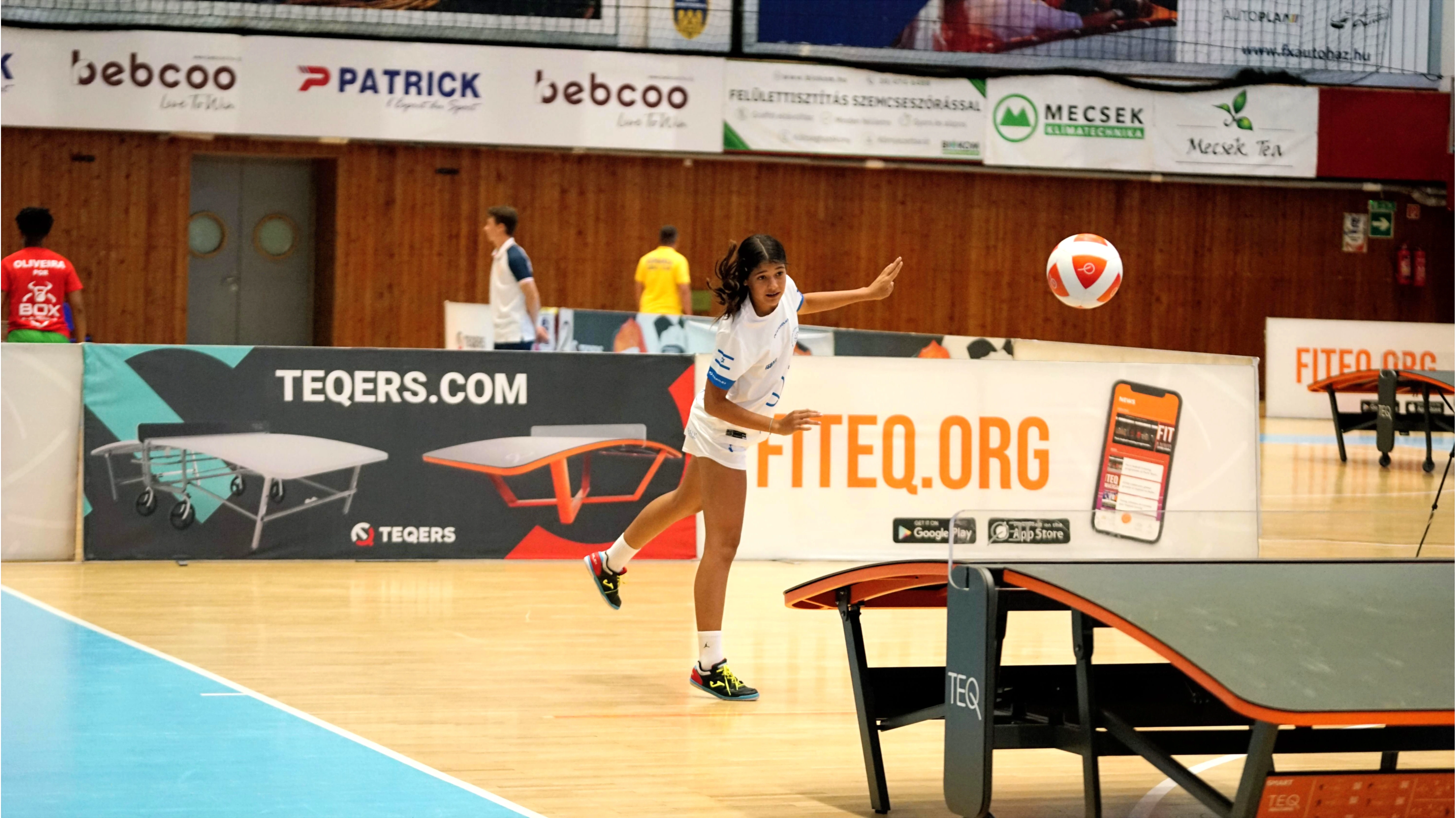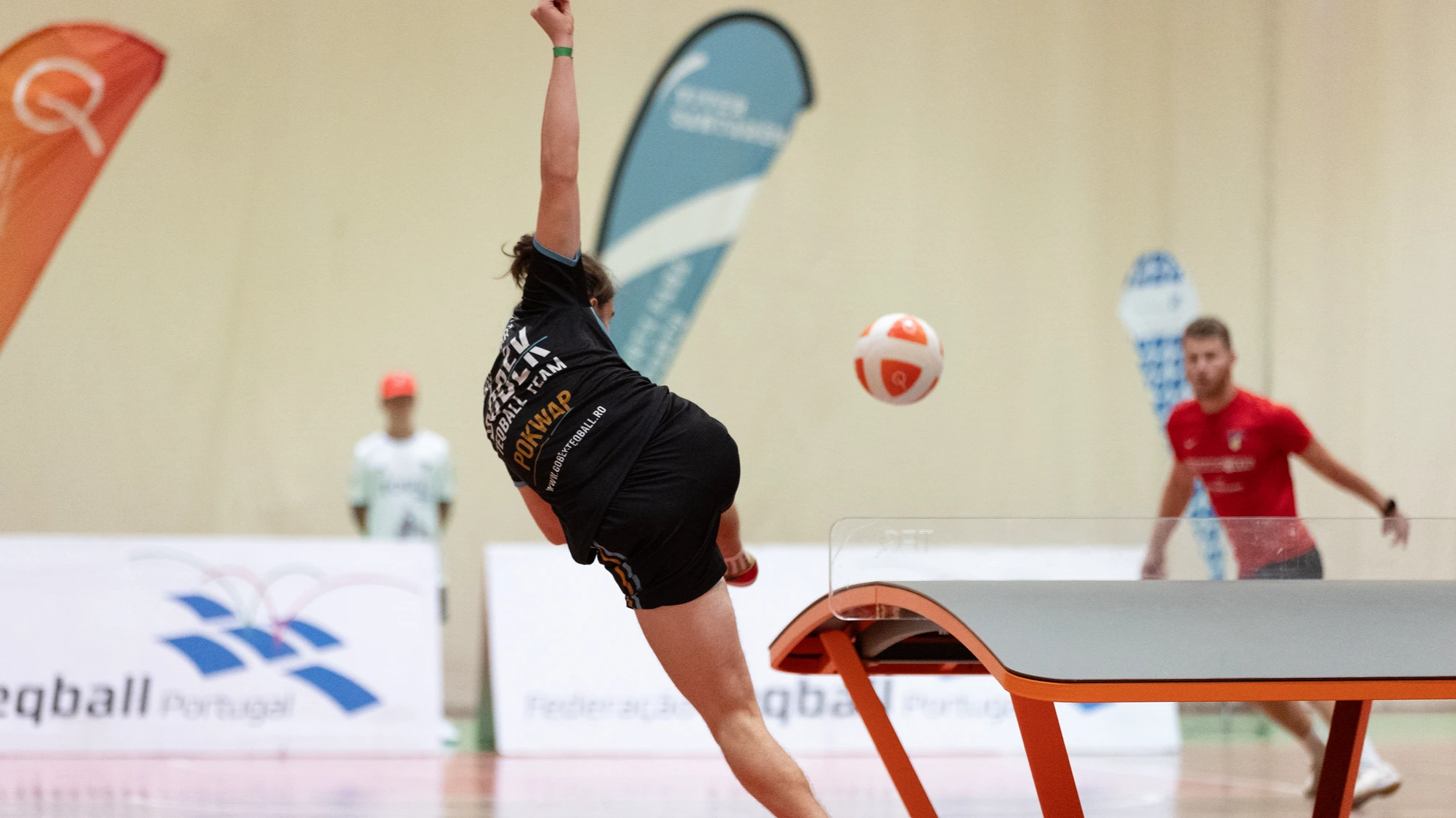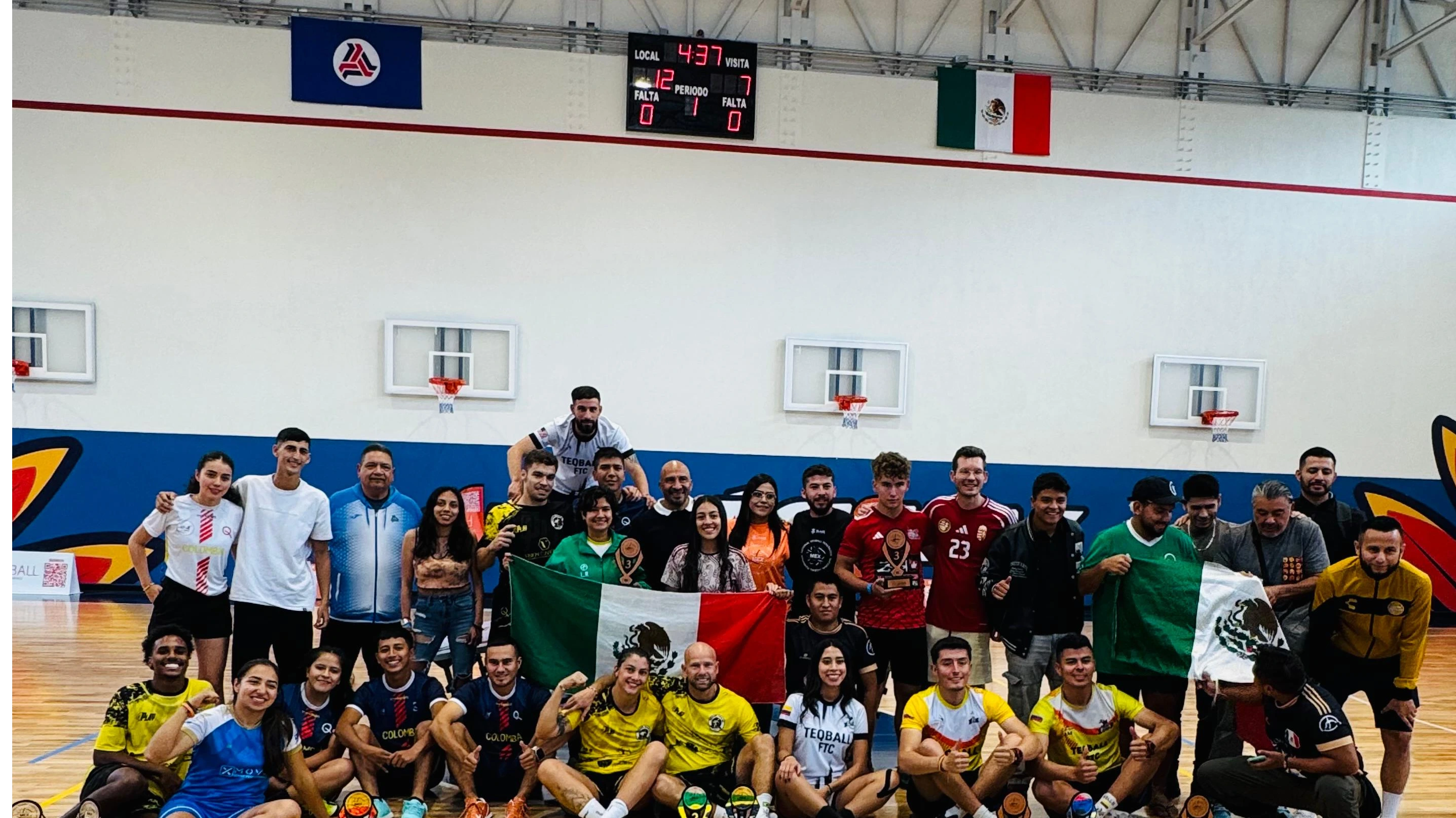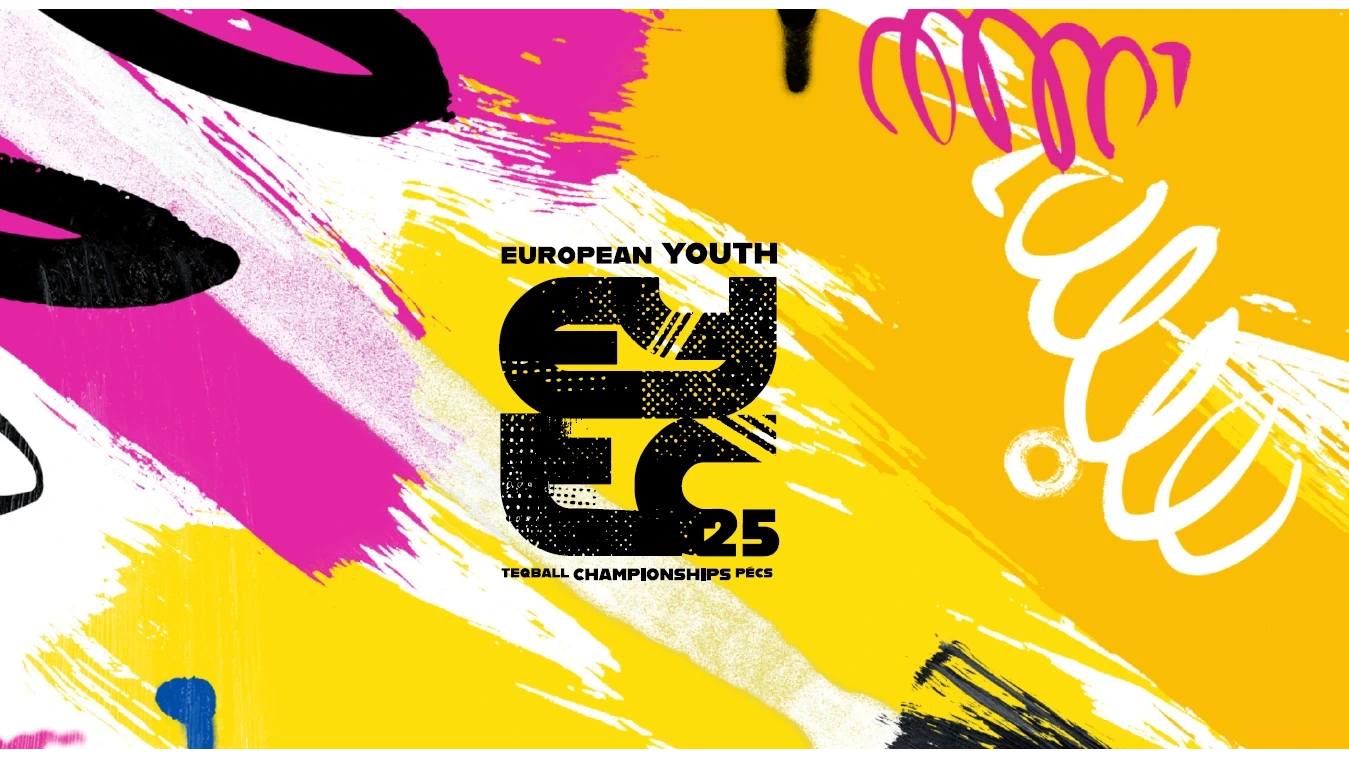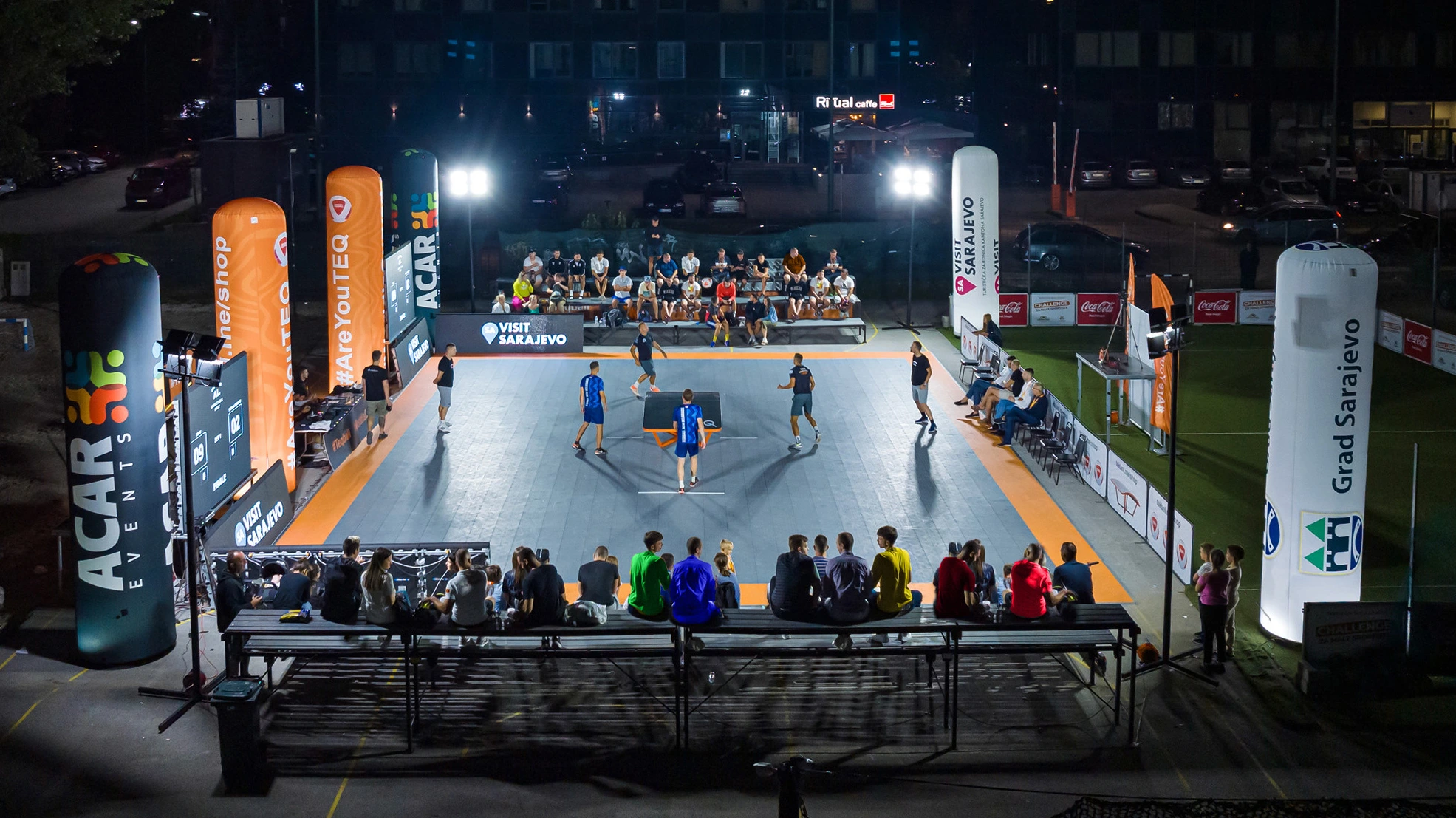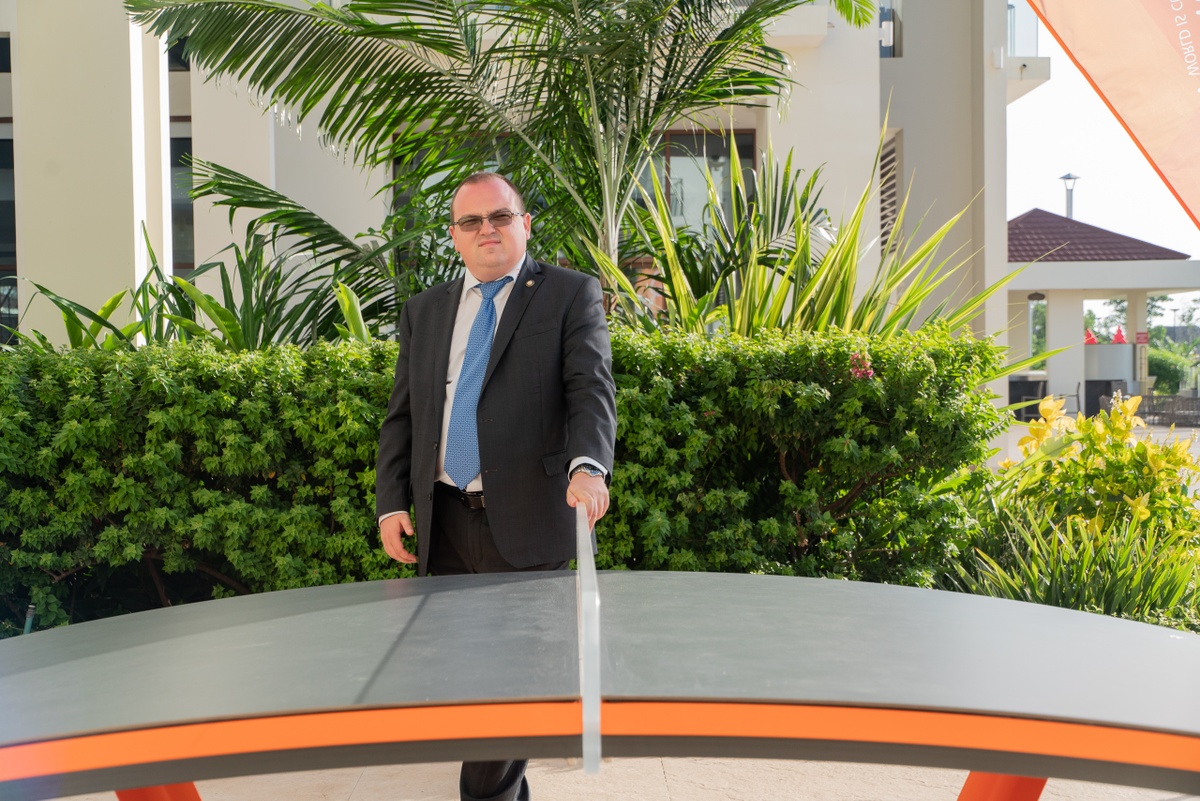
Interview with Marius Vizer Jr, General Secretary of FITEQ
Marius Vizer Jr is the General Secretary and an Executive Board member of FITEQ. Vizer Jr has been part of the FITEQ family from the outset, first serving as the Head of International Relations before transitioning into his current role. As General Secretary, he continues to play a key role in the global development of teqball and the professionalisation of the world’s fastest growing sport. In the below interview, Vizer Jr reflects on the past three years and looks ahead to what the future might hold.
When did you first time encountered Teqball and what were your first impressions?
The first time I saw teqball presented was by one of the three co-founders and inventors of the sport, Viktor Huszár, in 2016. I thought that this is something which can change the world of sport, because football has a very wide community and people are always happy to play with a ball. There are various exercises which can be done with a football and incorporating the specially-designed curved teqball table has taken this to a new level. Because only a table and a ball are required to play, my immediate thought was that this is a truly accessible sport that will have global appeal.
What makes Teqball different and more exciting from the other sports?
Teqball is a very attractive sport because you can play it as both singles and doubles, with men and women competing against one another. The existence of this gender equity is a key part of teqball. There is also no physical touch between the players, which makes it a very pure form of sport.
You are one of the founding members of FITEQ (International Federation of Teqball). How does it feel to be part of this IF from the very beginning?
It is a great honour and pleasure. Every new national federation which is joining, and every new project we are starting, makes my heart grow bigger. I strongly believe I am part of both a movement and sport that will be hugely appreciated by future generations.
You were appointed the General Secretary in December 2019 at the General Assembly of FITEQ, following your role as the Head of International Relations, What has changed for you in your new role and how have you found the last five months?
It is a great honour that the FITEQ Executive Board took this decision. In the past two years I have travelled to more than 40 countries and spent more than 500 nights in hotels. This has paid off in terms of participant numbers at the World Championships, and in terms of seeing the passion for teqball all over the world. In the role of General Secretary, it is exciting to be at heart of the key decisions of within FITEQ and leading the ongoing projects that are helping grow the sport all over the world.
You are coming from a famous sport family. How much has your education and experiences in various countries shaped your mind-set and ambition to become a sport leader?
I have to thank my father because he always gave me great lessons about sports mentality, in particular, the way in which you view sports; you do not just practice it but it becomes a lifestyle and way of thinking. This mentality has enabled me to reach the top by setting and achieving ambitions throughout my life.
As an IF, within three years, FITEQ has reached the 50 NF landmark which is a significant milestone and sign of success. What are your reflections on the last three years and what were the key elements of this impressive growth?
It has been an exciting three years getting to continuously meet new people who are excited about teqball and the chance to join the project from the beginning. It has also been very useful to learn how to use the good quality of the sport and development of different programmes to shape people’s perception of the sport. I can say that in most of the places I have visited, the people I have met view teqball in a positive light and are becoming fans of the sport.
Teqball has been incredibly fast in creating awareness and resonance all over the world, especially amongst the top football players. How do you plan to make the transition from awareness to participation?
It is very important to distribute Teq tables all over the world, to see people playing, to motivate them, and explain what teqball is about. It is equally important to build awareness in markets where people have not yet heard of teqball.
FITEQ emphasises the importance of female participation and the first Women’s Challenger Cup took place in 2020. At the Sanya Asian Beach Games 2020, women’s doubles will also be part of teqball tournament programme. How important is it for FITEQ and what strategy and action plan is in place to continue with the development of women’s teqball?
As I have previously mentioned, FITEQ is a gender equity sport and we promote the importance of female participation in the sport. We are using more and more programmes to highlight that teqball is a universal sport, and I think that the Asian Beach Games in 2020 will be another great platform to show this to the world.
What are the priorities for FITEQ in 2020?
Our priorities have of course had to change due to global coronavirus pandemic. However, we are looking forward to teqball being a medal event at the Sanya Asian Beach Games at the end of this year, which will be the biggest event in the history of FITEQ. Also, we will keep working hard to implement our national federation and club development programmes, which we launched to create awareness of the sport. These are crucial as they contribute to the growth of the global teqball community. Ultimately, we want to reach the required number of national federations to obtain full GAISF membership, which is the next step from our current observer status.
What steps and actions are the key to reaching the goals in 2020 and beyond?
The steps and required actions include building the capacity of the club development programme and the national federation development programme. It is important that we support the federations with financial instruments, educational programmes, the tools to host Challenger Cups and other self-supported competitions by FITEQ. We will also maintain permanent contact with our national federations and consistent communication with National Olympic Committees.
What message do you want to send to the Teqers and everyone involved in the teqball family during these hard times of COVID-19 pandemic?
My message is that I know that all the athletes coming from sports movements have high ambitions, but we have to understand that our aim is to keep humanity safe and fight against this fear instigated by the virus. This should be our ambition now, so that all of us can return to our usual habits, practice our sports and even discover new sports, such as teqball!
Mr Vizer, thank your for the interview!
